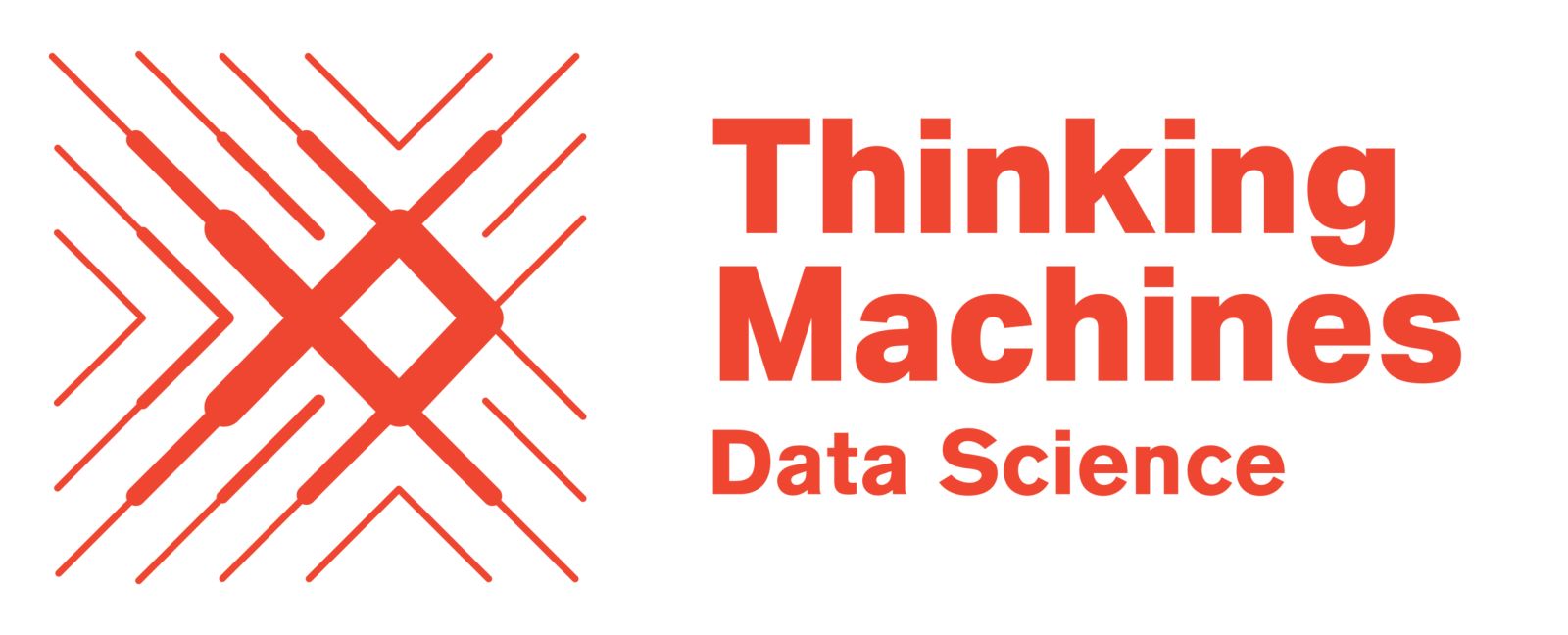Introduction
Artificial General Intelligence (AGI) represents the holy grail of AI, but the path to achieve it divides the industry. At TED AI San Francisco, Rafael Rafailov from Thinking Machines Lab launched a direct challenge to the dominant strategy: AGI won't come from bigger models, but from better learning systems. This vision contrasts with the billions invested by OpenAI, Anthropic, and Google DeepMind in computational scaling.
Thinking Machines' Vision: Learning versus Training
Rafailov expressed a clear conviction: the first superintelligence will be a superhuman learner, capable of efficiently adapting, proposing theories, designing experiments, and iterating the process using the environment to verify hypotheses. The fundamental distinction he introduces is between learning and training.
"Learning is something an intelligent being does. Training is something that's being done to it."
Rafael Rafailov, Reinforcement Learning Researcher / Thinking Machines Lab
Today's most advanced models don't lack scale, according to Rafailov, but the ability to truly learn from experience. This represents a paradigm shift from the approach that sees companies investing hundreds of billions in increasingly powerful computational infrastructure.
The Context: The $2 Billion Bet
Thinking Machines Lab, co-founded by former OpenAI CTO Mira Murati in February 2024, raised $2 billion at a $12 billion valuation, the largest seed round in history. This astronomical figure represents a contrarian bet against the direction taken by the entire sector.
The AI industry has invested over $100 billion in the scaling hypothesis: OpenAI is building Stargate, Anthropic secured a gigawatt of Google TPUs, Meta is spending $60 billion on infrastructure. Thinking Machines bets that all this compute won't be enough without solving the learning problem.
The Problem: Agency Isn't General Intelligence
Rafailov acknowledges that the scaling-based approach will produce increasingly capable agents: systems able to browse the web, write code, and complete complex tasks. He predicts that in one or two years, today's coding agents will seem as primitive as summarization models from several years ago.
However, this agency capability doesn't equal general intelligence. The crucial question he poses is whether another round of scaling will be sufficient to achieve AGI. His answer is negative: under current paradigms, at any scale, artificial general intelligence cannot be reached.
Current Models' Limitations
Anyone who has used Claude or ChatGPT to build something complex has experienced this limitation: the model doesn't remember what it learned yesterday, doesn't build on past mistakes, starts from zero every session. This lack of continuous learning represents a fundamental obstacle toward AGI.
The Solution: Meta-Learning or "Learning to Learn"
The alternative proposed by Rafailov is called meta-learning. Instead of training models on isolated problems, the idea is to provide them with an advanced university textbook and let them work progressively: chapter one, exercise one, two, three, then chapter two. Exactly how a real student self-teaches.
This approach requires systems capable of:
- Autonomously proposing theories and hypotheses
- Designing experiments to verify them
- Using the environment to obtain feedback
- Continuously iterating the learning process
- Building on previously acquired knowledge
Implications for the AI Industry
Rafailov's position represents a direct challenge to the sector's dominant strategy. If he's right, he's probably right about the problem: current models' inability to truly learn is an evident limitation. However, there's a gap between "fundamentally possible" and "we know how to do this".
Significantly, Rafailov provided no timelines or predictions about when these breakthroughs will arrive. He only expressed conviction that, without them, all the scaling in the world won't be enough. If Thinking Machines is right, their product will be the foundation for something much bigger. If they're wrong, they'll have burned $2 billion pursuing a research agenda that leads nowhere while OpenAI and Anthropic race past them with scaled-up reasoning models.
Conclusion
The industry will know the answer within 2-3 years. Either everyone pivots toward meta-learning, or Thinking Machines becomes the most expensive contrarian bet in AI history. The stakes are enormous: not just billions of dollars, but the future direction of artificial intelligence and the path to AGI. The question remains open: does intelligence emerge from scale or from learning capability?
FAQ
What is meta-learning in artificial intelligence?
Meta-learning, or "learning to learn," is an approach where AI systems acquire the ability to autonomously learn from new experiences, adapt, and build on prior knowledge, similar to how a human student learns.
Why does Thinking Machines criticize scaling for achieving AGI?
Thinking Machines argues that increasingly larger models won't achieve AGI because they lack the fundamental capability to learn from experience and continuously build on previous knowledge.
What's the difference between learning and training according to Rafailov?
According to Rafailov, learning is an active process that an intelligent being performs autonomously, while training is a passive process imposed externally during the model's training phase.
How much did Thinking Machines raise and at what valuation?
Thinking Machines raised $2 billion at a $12 billion valuation, representing the largest seed round in AI startup history.
When will we know if Thinking Machines' approach to AGI works?
The industry will know the answer within 2-3 years, when it becomes evident whether meta-learning or traditional scaling represents the correct path toward artificial general intelligence.
Who founded Thinking Machines Lab?
Thinking Machines Lab was co-founded by Mira Murati, former Chief Technology Officer at OpenAI, in February 2024.
